|
Micaiah Johnson, The Space Between Worlds, Hodderscape, 2020. Audiobook available. If, like me, you missed The Space Between Worlds back in 2020, now is the time to catch up on this brilliant scifi take on the multiverse and class struggles. You can travel to one of the 380 alternate realities that have been found provided you work for Adam Bosch, the genius who invented the device, and that there isn't a version of you who is alive there. This is why Cara works for Bosch. She comes from a poor family and only 8 versions of her exist. The others have died due to neglect, abuse or violence. Except she isn't the original Cara. The original died when arriving in her reality and she took her place. So when her supervisor, Dell, sends her to a world where her alternate is supposedly dead and she barely survives the trip, she's determined to understand what is going on. TWs: domestic abuse, parental neglect due to drugs. Johnson's story is written with a first person point of view and you are from the start plunged deep into Cara's thoughts. She's snarky, determined, but she also lives constantly in fear that she might be found out as an impostor. She comes with a history of abuse that left deep marks on her, both physically and mentally. It's difficult not to root for her almost immediately, and I loved her no-nonsense attitude and her deep sense of loyalty, misplaced or not. Cara questions her place in the city because she knows she's an impostor, but even the original Cara came from outside the city. Her goal to become a citizen is born from her decades of poverty so she needs to be the perfect multiverse traveller and steal other worlds' data to finally get that secured status. By contrast, Dell, her supervisor, belongs to the city and the upper class. Because of this, their relationship is often abrasive, but Johnson manages to show us that there's much that Dell feels and doesn't tell. Among the secondary characters, I particularly enjoyed Cara's sister, her quiet determination and conviction. The alternate versions of Cara's antagonists, whether they were her abuser or his brother, are interestingly drawn. Johnson plays with the roll of the dice, how changes in the past influence who a person becomes but how some aspects remain the same, even if they take different shapes. It makes for nuanced portraits. Above all, The Space Between Worlds is a story of survival. Surviving domestic abuse by escaping or confronting your abuser. By getting every inch of power you can find to leverage him. Surviving the odds of poverty and race too. Only eight Caras survived out of 380 worlds and it paints the stark reality of the obstacles faced by people on the wrong side of the fence. Surviving the class divide too. Cara navigates between the city and the outside, not really belonging to either anymore, desperate to become a citizen yet unable to forget where she comes from. Johnson gives a very realistic vision of those in-between feelings. But The Space Between Worlds is also a story of acceptance and trust. It is quite the journey for Cara to find her place, but also to create connections that will help her understand what is going on and take a stand. The story is fast paced and could be read like a techno-thriller. Nonetheless, Johnson writes a very intimate story. Not only because of Cara, but also because the conspiracy she will face finds its roots--and its resolution--in very human relationships. There's a lot to unpack in the novel, most that would be too spoilery to tell, but beneath that thriller exterior The Space Between Worlds hides thoughtful human, social and political takes. The prose is carried by Cara's voice and thoughts, making it often delightful to read. The Space Between Worlds is a brilliant scifi novel that questions identity, class, race, and survival, through a character that you'll easily love and a compelling story. If you've enjoyed The Space Between Worlds, you might also like
Comments are closed.
|
All reviews are spoiler free unless explicitly stated otherwise.
I only review stories I have liked even if my opinion may be nuanced. It doesn't apply for the "Novels published before 1978" series of blog posts. Comments are closed, having neither time nor the inclination to moderate them. |
WHAT IS THE MIDDLE SHELF?
The middle shelf is a science-fiction and fantasy books reviewS blog, bringing you diverse and great stories .
PLEASE SUPPORT AUTHORS.
IF YOU LIKE IT, BUY IT. |
ON THE MIDDLE SHELF
|
KEEP IN TOUCH WITH THE MIDDLE SHELF
|
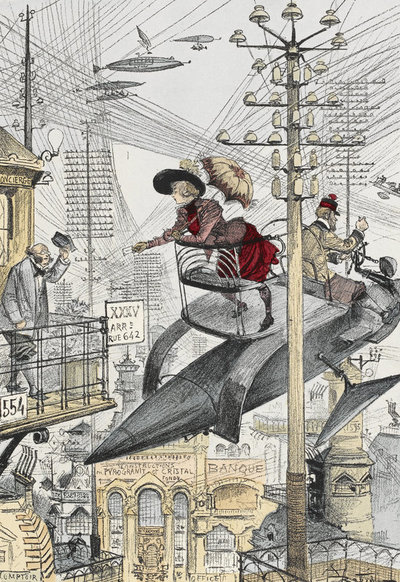
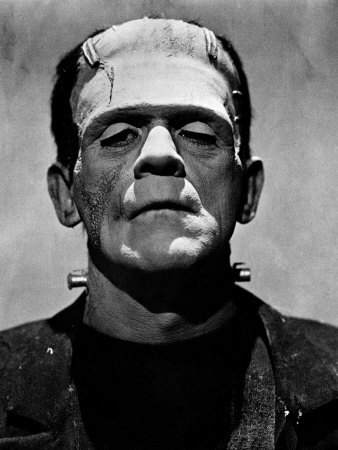
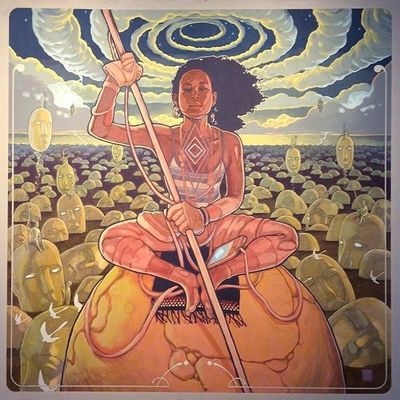
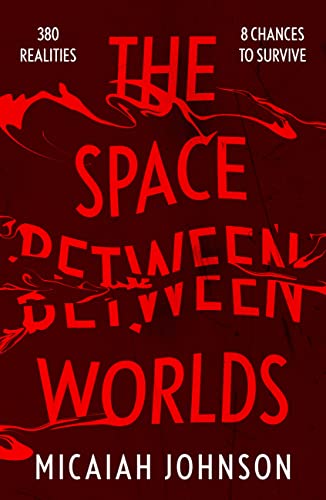
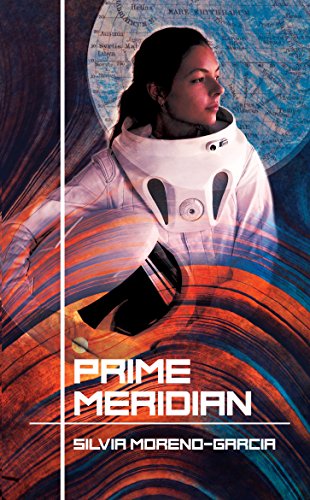
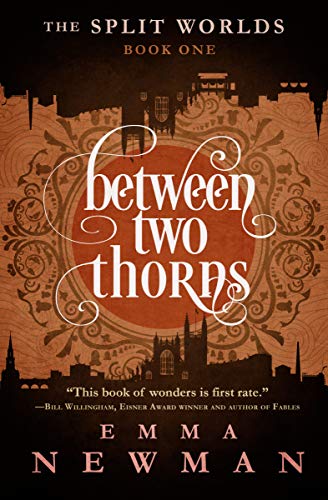
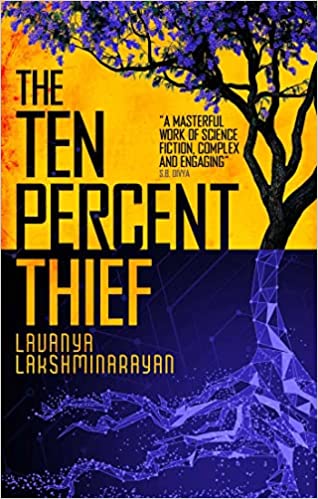
 RSS Feed
RSS Feed
